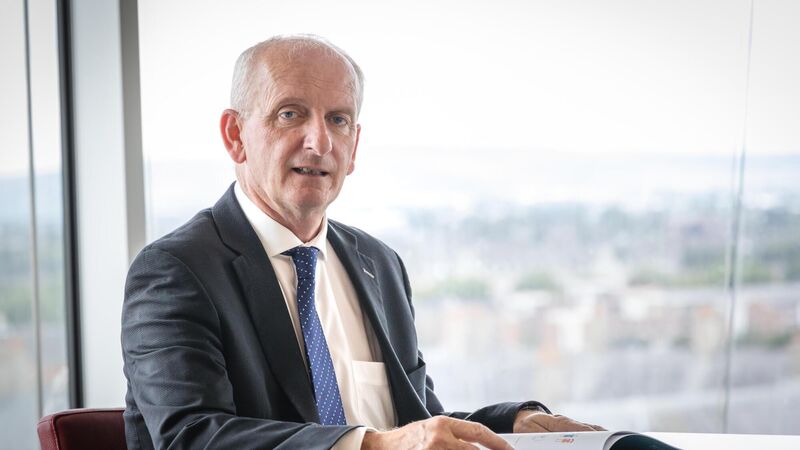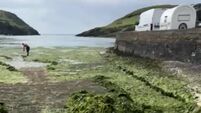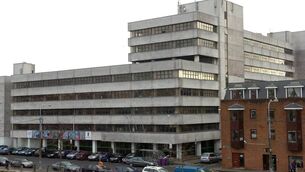Camhs patient in North Kerry 'required surgery' due to being over-medicated

HSE chief Bernard Gloster said he had spent some time recently in North Kerry, where an internal audit is continuing into over-medication, and met with people affected.
A young man over-medicated by the North Kerry child and adolescent mental health services (Camhs) had to undergo surgery because of the impact on his body, the HSE boss has said.
Speaking at the Oireachtas children’s committee, Bernard Gloster said he had spent some time recently in North Kerry, where an internal audit is continuing into over-medication, and met with people affected.















